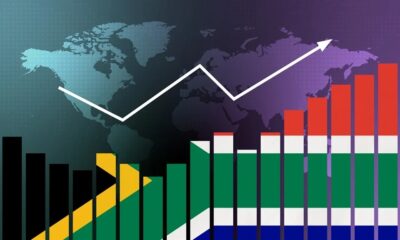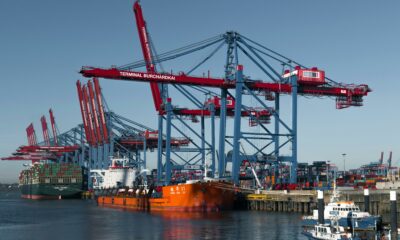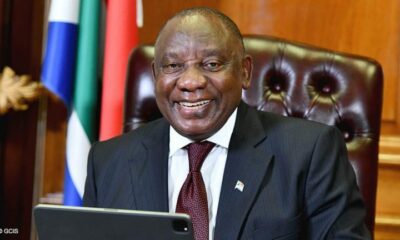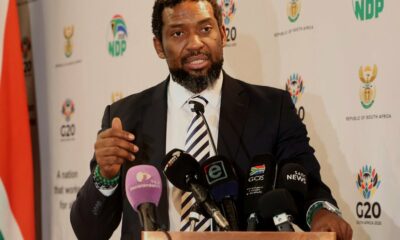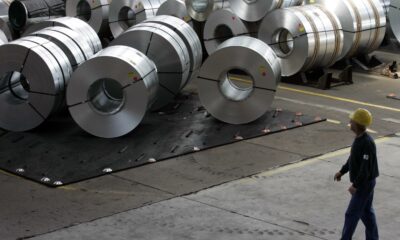Business
SA Lost R4.1 Trillion: How Years of Stagnation Made South Africans Poorer
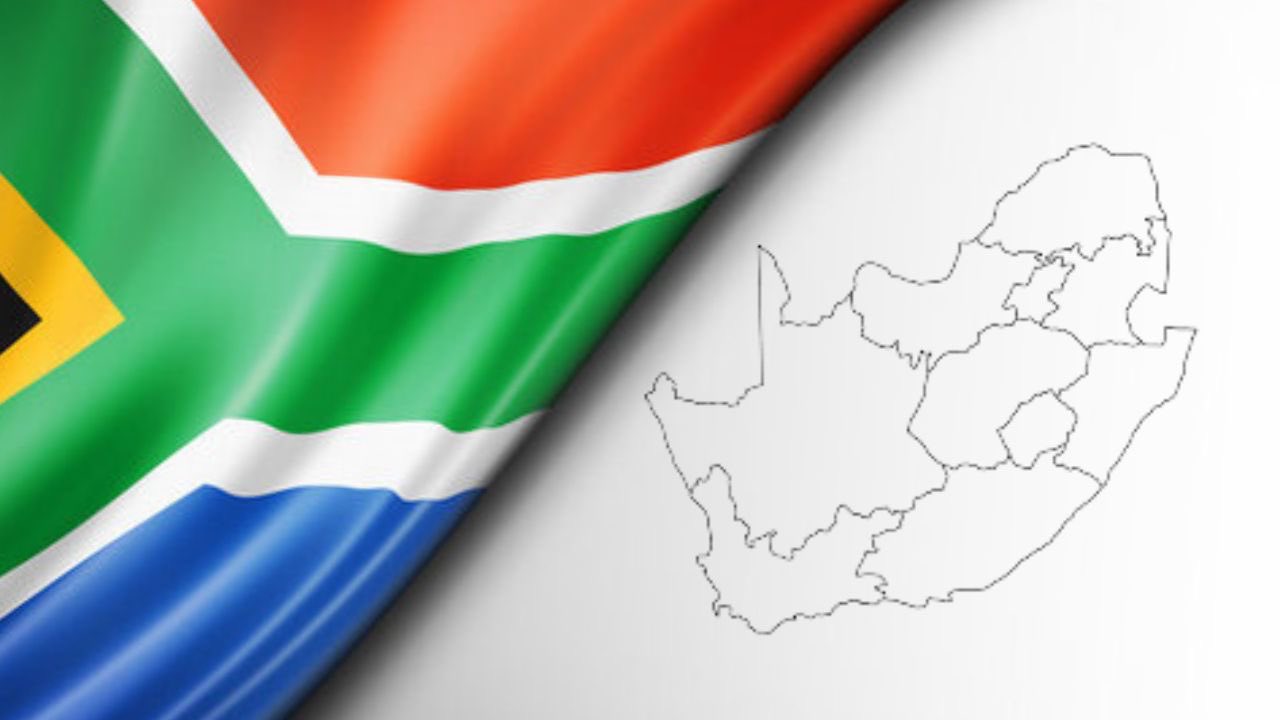
South Africa wasn’t always an economic underachiever. In fact, up until 2010, we were right on track with global averages. But somewhere along the way, things started to unravel and today, we’re R4.1 trillion poorer for it.
That’s according to Osagyego Mazwai, investment strategist at Investec Wealth & Investment, who says that if our economy had simply kept pace with fellow emerging markets since 2010, things would look very different today.
Where It All Went Wrong
Back in the early 2000s, under President Thabo Mbeki’s second term, South Africa was on a roll. GDP growth averaged over 4%, business confidence was booming, and unemployment was falling. It felt like the country had finally turned a corner.
But fast-forward to today, and South Africa’s economy is crawling at less than 1% growth, not even enough to match our population increase of 1.6%. The result? South Africans are getting poorer, not richer.
Mazwai estimates that if we had maintained even a modest 4.5% annual growth rate since 2010, we’d have a R4.1 trillion larger economy, with R5 trillion more in cumulative tax revenue. That could’ve wiped out a significant chunk of our national debt.
And everyday South Africans would feel it too. Instead of a per capita GDP of just over $10,000, we’d be above $20,000, on par with global averages.
What’s Holding SA Back?
According to Mazwai, it all comes down to one thing: business confidence. Or rather, the lack of it.
South Africa’s policy flip-flopping, persistent corruption, and the slow-motion collapse of state-owned enterprises (SOEs) like Eskom and Transnet have scared off investors and entrepreneurs alike. Without investment, there’s no growth. And without growth, there’s no jobs, no tax revenue, and no improvement in living standards.
Even with promising ideas on the table, such as the unbundling of Eskom, reforms in logistics, and cutting red tape, implementation is painfully slow.
Mazwai warns that unless South Africa pulls off a dramatic turnaround, the gap between us and the rest of the world will only widen. To catch up, we’ll need real GDP growth of 3-5% annually for the next decade. In nominal terms, that means 8-8.5% per year, nearly double our recent performance.
The Feedback Loop of Growth and Confidence
Mazwai explains that business confidence isn’t just a result of growth, it’s also a driver of it. When businesses believe the future looks promising, they invest more. That creates jobs, boosts productivity, and increases consumer spending.
It becomes a positive flywheel, but right now, South Africa is spinning in the opposite direction.
Mazwai says the government needs to make boosting business confidence its top priority. That means more than just talk; it means delivering services, maintaining roads and ports, fixing the power crisis, and cutting back on bureaucratic red tape that makes starting or expanding a business feel like a fight with quicksand.
The Skills Mismatch Crisis
Another long-standing problem is the disconnect between university education and labour market needs. South Africa continues to churn out graduates who simply don’t match the private sector’s skill requirements, leading to a growing class of unemployed and underemployed youth.
Mazwai urges more investment in higher education, aligned with real-world industry demands. Without a broader and more adaptable skill base, the economy will continue to stall.
What Now?
Despite slow movement, some reform efforts are underway. But they’re not happening fast enough to shift the dial on business confidence or GDP growth.
South Africa needs a mindset reset, from policy-makers, regulators, and business leaders alike. It’s not just about fixing the economy; it’s about getting back to business.
Until then, Mazwai’s warning is clear: “Economic policy that impedes businesses from making optimal capital allocation decisions hurts business confidence and stunts investment.”
And without bold, consistent action, we’ll stay trapped in this cycle, watching the world move forward while we fall further behind.
{Source: Daily Investor}
Follow Joburg ETC on Facebook, Twitter , TikTok and Instagram
For more News in Johannesburg, visit joburgetc.com

